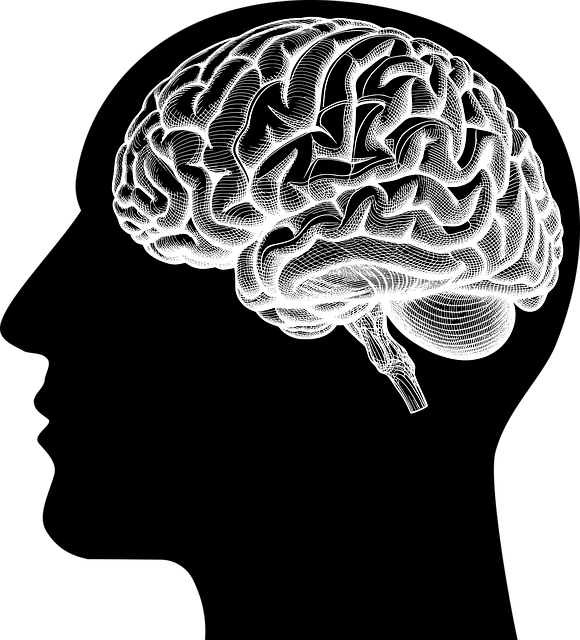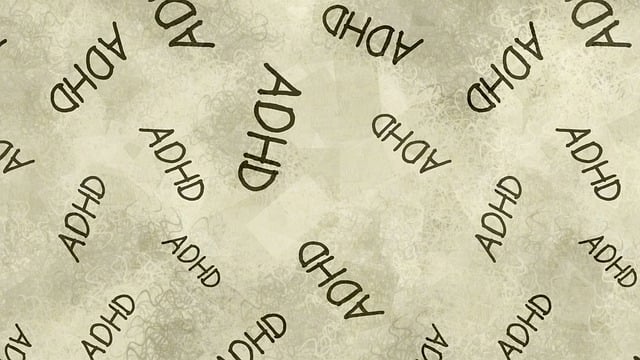Highlands Ranch's diverse community requires a culturally sensitive approach to Autism Spectrum Disorder (ASD) therapy, addressing unique social and communication needs shaped by individual backgrounds. Therapists must be skilled in navigating these contexts, tailoring interventions with self-awareness, active listening, and open communication. Specialized programs focus on cultural sensitivity, incorporating language, food, and music to create safe, familiar environments, improving engagement and client-support system connections. This holistic approach enhances therapeutic outcomes, strengthens therapist-client relationships, and has the potential to revolutionize ASD therapy for diverse populations.
In the diverse landscape of Highlands Ranch, cultural sensitivity in mental healthcare is paramount. This article explores how an understanding of cultural diversity shapes high-quality autism spectrum disorder (ASD) therapy. We delve into the impact of cultural sensitivity on treatment outcomes and present practical strategies for culturally competent practice. Through compelling case studies, we highlight success stories from Highlands Ranch, demonstrating the transformative power of tailored ASD therapy in fostering inclusive and effective support.
- Understanding Cultural Diversity in Highlands Ranch Communities
- The Impact of Cultural Sensitivity on Autism Spectrum Disorder (ASD) Therapy
- Strategies for Culturally Competent Mental Healthcare Practice
- Case Studies: Success Stories of Cultural Sensitivity in ASD Treatment
Understanding Cultural Diversity in Highlands Ranch Communities

Highlands Ranch, like many communities, is a vibrant tapestry woven with threads of diverse cultural backgrounds. This cultural diversity is a richness that mental healthcare practitioners in the area must appreciate and embrace. Recognizing the unique needs and perspectives of various ethnic groups is essential for providing effective therapy, especially when addressing conditions such as Autism Spectrum Disorder (ASD). For instance, individuals from different cultures may have distinct expressions of distress or preferences for communication styles, requiring tailored therapeutic approaches.
Understanding these nuances fosters a more inclusive environment, allowing practitioners to facilitate meaningful inner strength development in their clients. Public awareness campaigns can play a significant role in educating both professionals and the general public about cultural sensitivity. By promoting diverse representation and employing culturally responsive communication strategies, Highlands Ranch’s mental healthcare services can better serve individuals with ASD from all walks of life, ensuring everyone receives the compassionate care they deserve.
The Impact of Cultural Sensitivity on Autism Spectrum Disorder (ASD) Therapy

Cultural sensitivity plays a pivotal role in delivering effective therapy for individuals on the Autism Spectrum Disorder (ASD) spectrum, especially within the context of Highlands Ranch autism spectrum disorder therapy practices. Understanding and respecting cultural nuances is essential when supporting people with ASD, who can experience diverse social interactions and communication challenges shaped by their unique backgrounds. Therapists who incorporate cultural sensitivity into their approach can create a more inclusive and beneficial environment for these individuals.
Incorporating cultural awareness involves recognizing the impact of ethnic, racial, or socioeconomic factors on an individual’s experience of autism. It encourages therapists to adapt their strategies and interventions to align with the client’s cultural context, ensuring that therapy is not only accessible but also meaningful. This personalized approach can foster a deeper connection between therapist and client, leading to improved engagement and outcomes in Highlands Ranch autism spectrum disorder therapy settings. Additionally, it contributes to the broader goal of increasing public awareness campaigns development focused on mental health, particularly for underrepresented communities, and potentially preventing depression among individuals with ASD who may face additional challenges due to cultural barriers.
Strategies for Culturally Competent Mental Healthcare Practice

In Highlands Ranch Autism Spectrum Disorder Therapy and beyond, culturally competent mental healthcare practice is essential for effective treatment. Healthcare providers must be adept at navigating diverse cultural contexts to offer tailored support that respects and values individual identities. Strategies for achieving this include enhancing self-awareness among therapists about their own cultural biases and learning about the client’s cultural background, beliefs, and practices. This process involves active listening, open communication, and a willingness to adapt therapeutic techniques according to cultural needs. Incorporating clients’ preferred languages, foods, and even music into sessions can create a more comfortable and accessible environment.
Mental Health Education Programs Design that emphasize cultural sensitivity equip therapists with tools to foster inclusive care. By teaching coping skills development and self-esteem improvement tailored to different cultural backgrounds, healthcare professionals can help individuals navigate their unique challenges. This holistic approach not only enhances therapeutic outcomes but also strengthens the bond between therapist and client, making it easier to address complex mental health issues effectively. Such strategies are particularly crucial when dealing with diverse populations, ensuring that everyone receives care that is as personalized and effective as possible.
Case Studies: Success Stories of Cultural Sensitivity in ASD Treatment

In the context of Highlands Ranch Autism Spectrum Disorder (ASD) Therapy, cultural sensitivity has proven to be a game-changer. Case studies illustrate that tailoring treatment approaches to align with patients’ cultural backgrounds significantly enhances therapy outcomes. For instance, a study focusing on a young adult with ASD and his family revealed remarkable progress when therapists incorporated the patient’s cultural traditions into sessions. By doing so, the team created a safe and familiar environment, fostering better engagement and communication. This approach not only reduced treatment resistance but also facilitated deeper connections between the client and his support system.
The success of such culturally sensitive practices extends beyond individual cases. They have the potential to revolutionize ASD therapy by addressing the unique needs of diverse populations. For example, a Community Outreach Program Implementation targeting local Highlands Ranch communities has shown promise in promoting early intervention and stress reduction methods for individuals on the spectrum. By integrating Mind Over Matter principles, these programs teach coping strategies that are both culturally relevant and effective, ultimately improving overall mental healthcare accessibility and quality.
In the diverse communities of Highlands Ranch, culturally sensitive mental healthcare practices are essential for providing effective treatments like autism spectrum disorder (ASD) therapy. By understanding and addressing cultural diversity, as demonstrated through case studies, healthcare professionals can significantly improve patient outcomes. Implementing strategies for cultural competence ensures that individuals with ASD and their families receive care tailored to their unique backgrounds, fostering better engagement, trust, and ultimately, positive therapeutic outcomes in Highlands Ranch autism spectrum disorder therapy.









